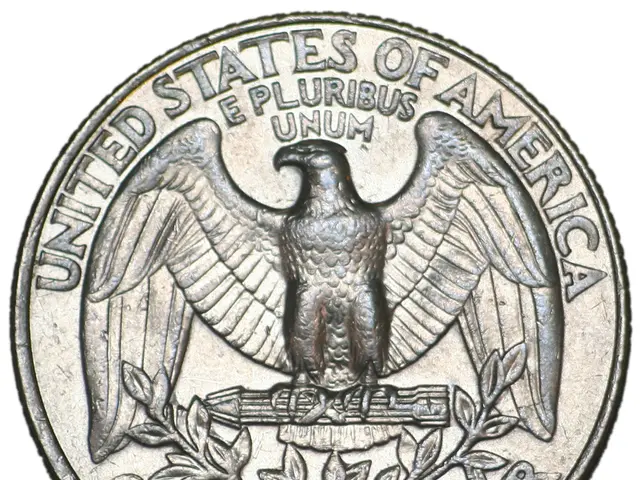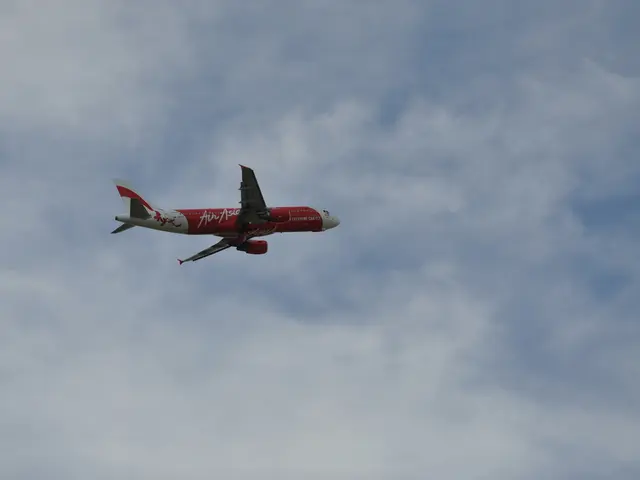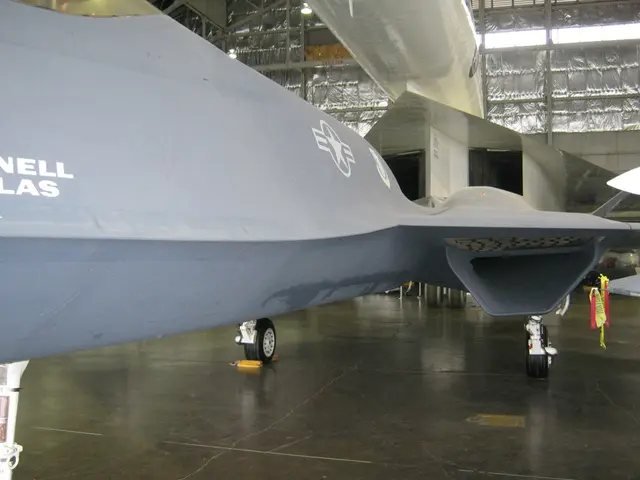Post-Labor Day Business Travel Looks Different Than Anticipated
American Airlines and other airlines have anticipated a surge in business travel after Labor Day. However, much to their disappointment, that's not the case.
A multitude of factors have contributed to this unexpected situation. Covid-19 cases have escalated in recent months, prompting many businesses to postpone their reopening plans for offices until later in the fall or even into 2022. Consequently, many business trip plans have been put on hold.
"The delay in returning to the office will have implications for business travel," stated Philip Baggaley, Chief Credit Analyst at S&P Transportation. "Planning a business trip becomes more challenging when dealing with a diverse group of clients." As a result, the company's travel policies might need to be more cautious.
A July survey conducted by the Global Business Travel Association found that 68% of respondents planned to embark on business trips within the next three months. However, this figure had decreased by 35% by August.
Adam Sachs, President of Tourism Economics, expressed his views, stating, "This is quite a significant shift in plans. We anticipate some level of dynamism in business travel in the fall. Now, we're not sure when that will happen."
Not only delayed office returns, but also cancelled conferences and events across the nation, from the National Rifle Association's annual meeting in Houston to the Specialty Foods Association's Food Show in New York, are impacting business travel. These events have traditionally served as drivers for business travel.
Summer Time Travel Spike
Unfortunately, the expected surge in profitable business travel is not materializing. On the contrary, airlines have seen a significant uptick in leisure travel this summer. The total number of passengers who passed through TSA checkpoints at US airports from Memorial Day weekend to Labor Day was 77% of the 2019 figure, three times higher than during the same period in 2020.
However, profitable business travel is crucial for airline finances. Initially, airlines had hoped for a recovery in business travel during the fall. Robert Isom, President of American Airlines (AAL), shared the company's expectations during a Q2 results call on July 22. He stated that business travelers were optimistic and that most people expected the travel industry to recover in the fall. The company now anticipates that business travel will fully recover by 2022.
However, these expectations have significantly altered with the rise in Covid-19 cases and the delay in office returns. Five weeks after Isom's statements, Vasu Raja, American Airlines' Chief Revenue Officer, emphasized on an investors' call that "of course, these plans could be more cautious due to the delay in returning to the office." He added, "We expect business demand to recover more slowly than we had anticipated, but it will still recover."
Other airlines have also revised their expectations for a revenue rebound. Southwest Airlines, for instance, warned investors that declining bookings and rising cancellations could lead to the company not being profitable in Q3, despite having been profitable in July.
"If the delayed recovery of business travel is a setback for airlines, it's likely to be a temporary one," said Baggaley. "This is a pattern of a volatile recovery, but with an upward trend."
According to Sachs, airlines can look forward to a quick resumption of ambitious business travel plans by companies as Covid-19 cases decrease and vaccination rates increase. "Just as there's a pent-up demand for leisure travel, there's an even greater pent-up demand for business travel," he said.
"If the past year-and-a-half has taught us anything, it's that it's challenging to judge each wave of travel and understand its direction," added Sachs.








